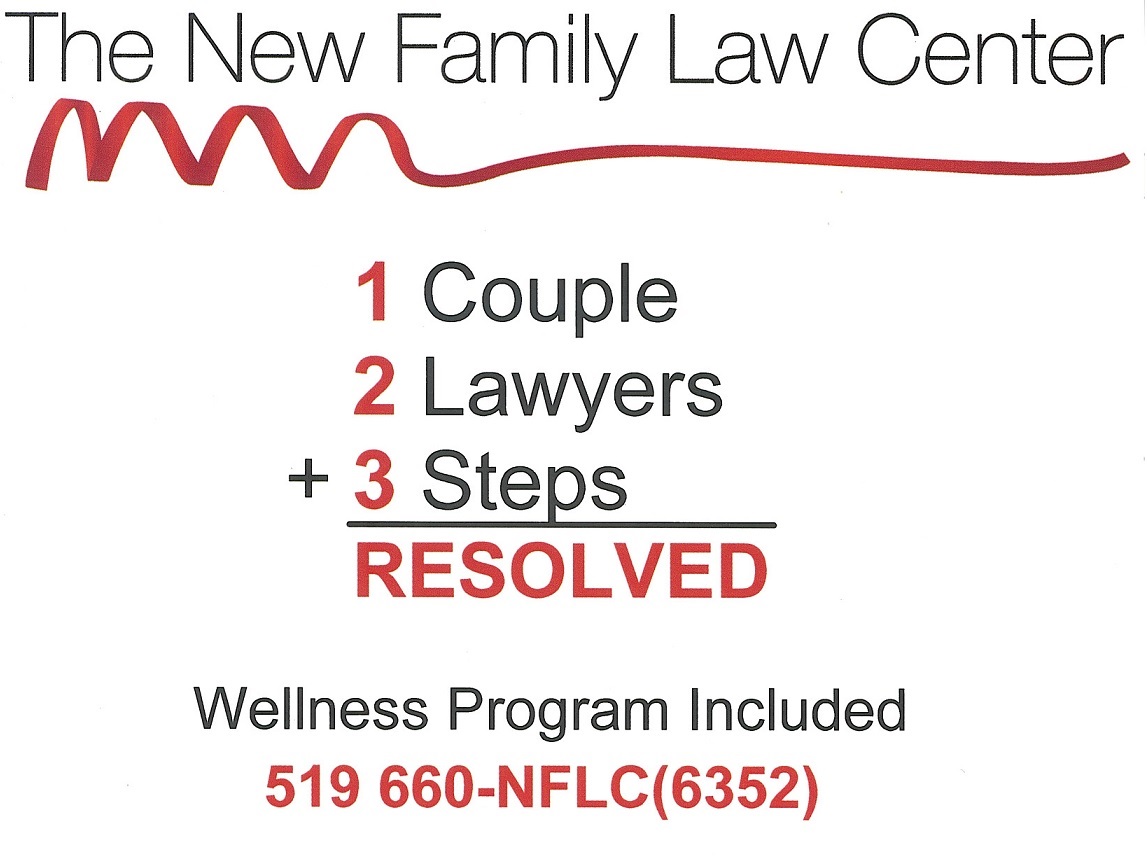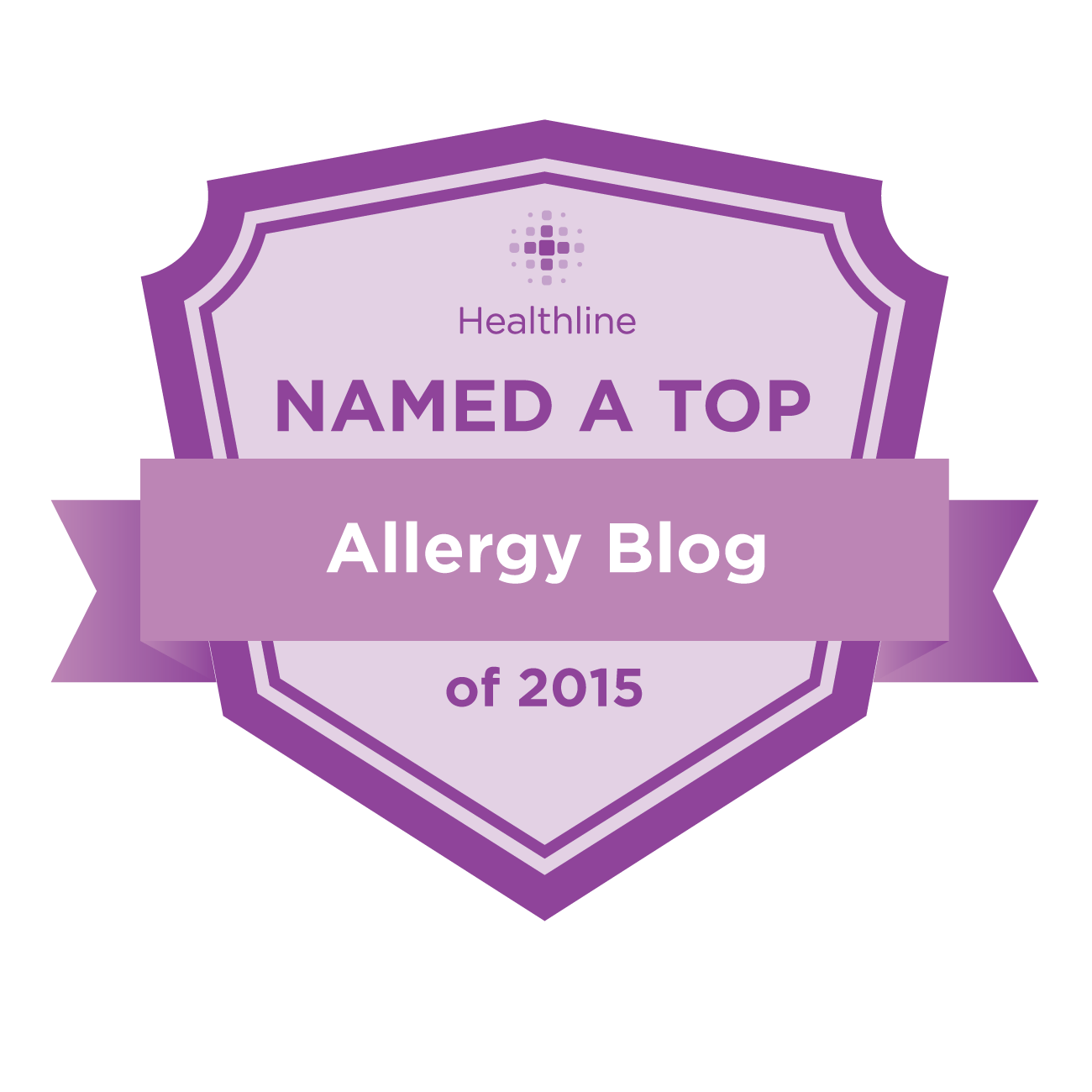Dr. Bhana stated in his 2010 lecture at the Allergy Update conference in Toronto, Ontario that: Ten to twenty percent of kids grow out of peanut allergy. Their immune system forgets the reaction IF:
Most people don’t know that if you had a mild reaction in the past, you’re at risk of having a life threatening one in the future. Here is the support I found:
People who’ve had a mild reaction to a food substance or insect sting should be wary. A mild reaction in the first episode, for example a couple of hives, could be associated with a severe or life threatening reaction the next time.
Click here to visit http://www.mayoclinic.org/medical-edge-newspaper-2008/July-04a.html Accessed February 26, 2011
Individuals who have had a prior mild reaction to an allergen may also be at risk, because a severe reaction may be preceded by a less serious one.
Click here to visit http://www.epipen.com/allergicemergencies/at-risk Accessed February 26, 2011
Although the initial exposure to an allergen does not usually cause severe symptoms, the potential to develop more severe symptoms of anaphylaxis increases with each subsequent exposure.
Source: Medical Disability Advisor
* If you found this post helpful, I would love for you to use the “Sharing Is Caring” bar (below) to share this post via Facebook or Twitter. If you’re reading this as an e-mail message, you need to jump over to my blog first by clicking here.








